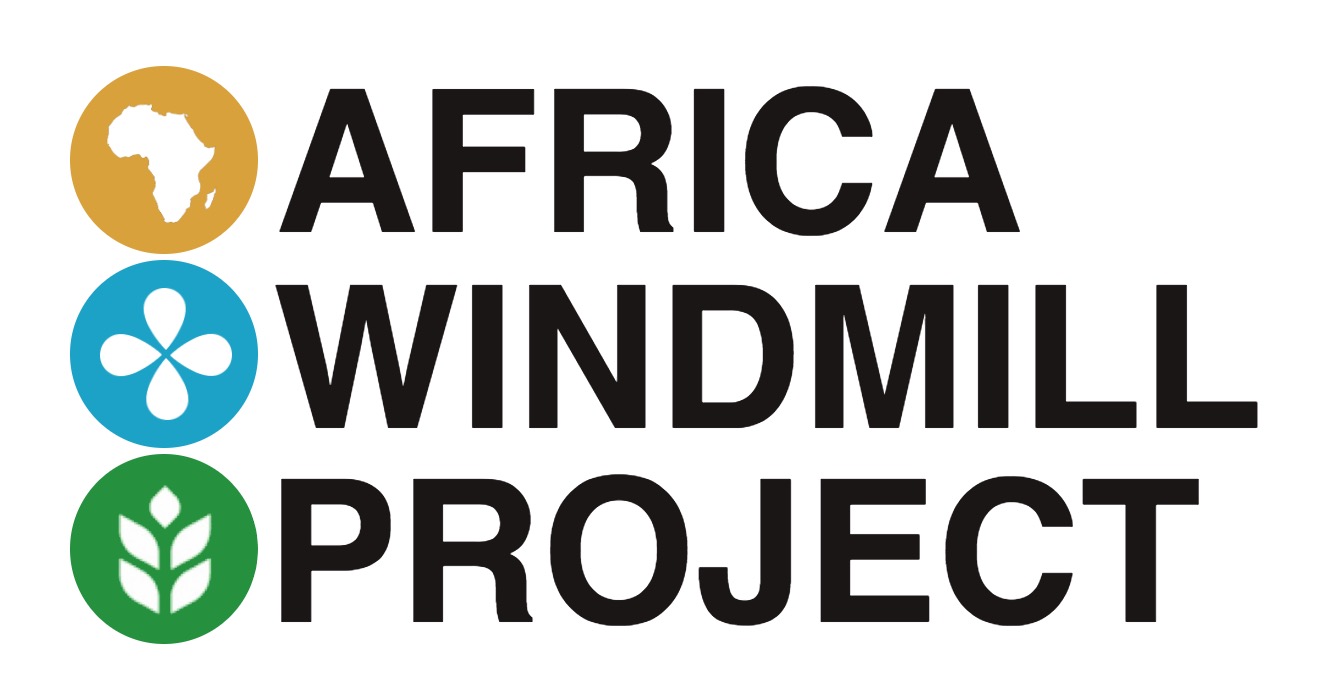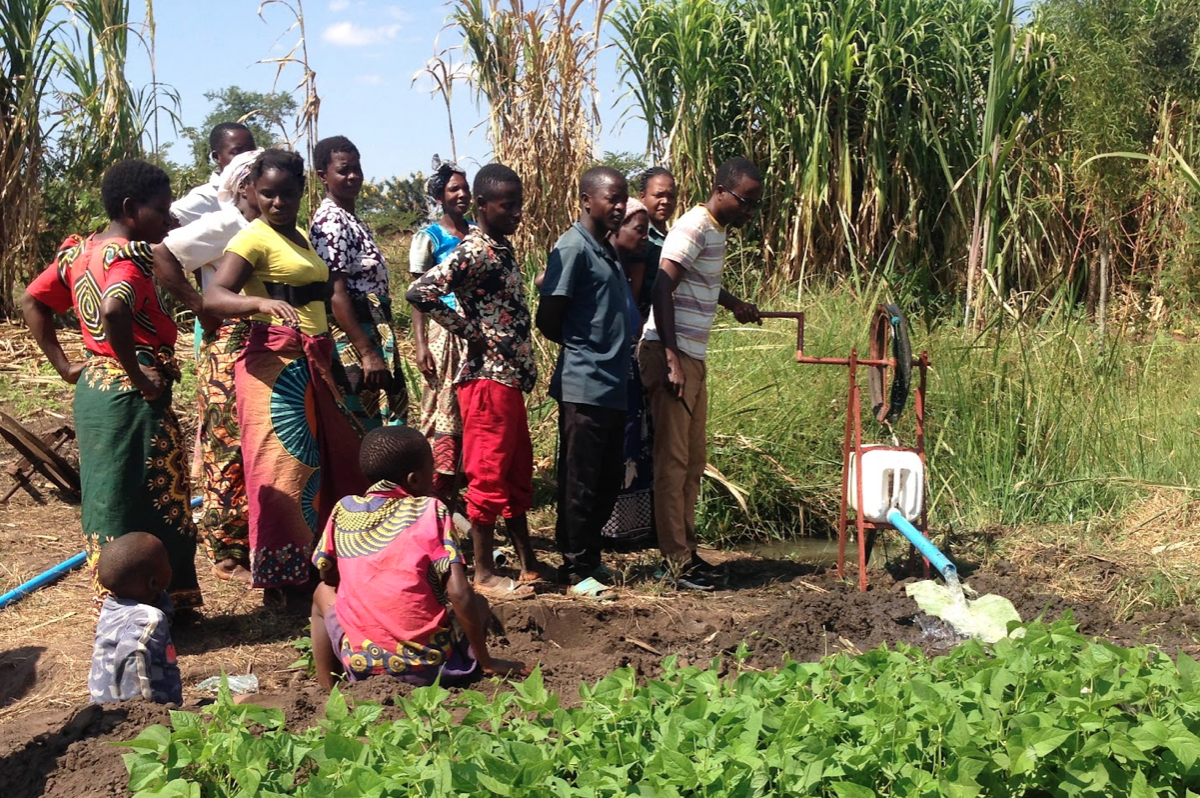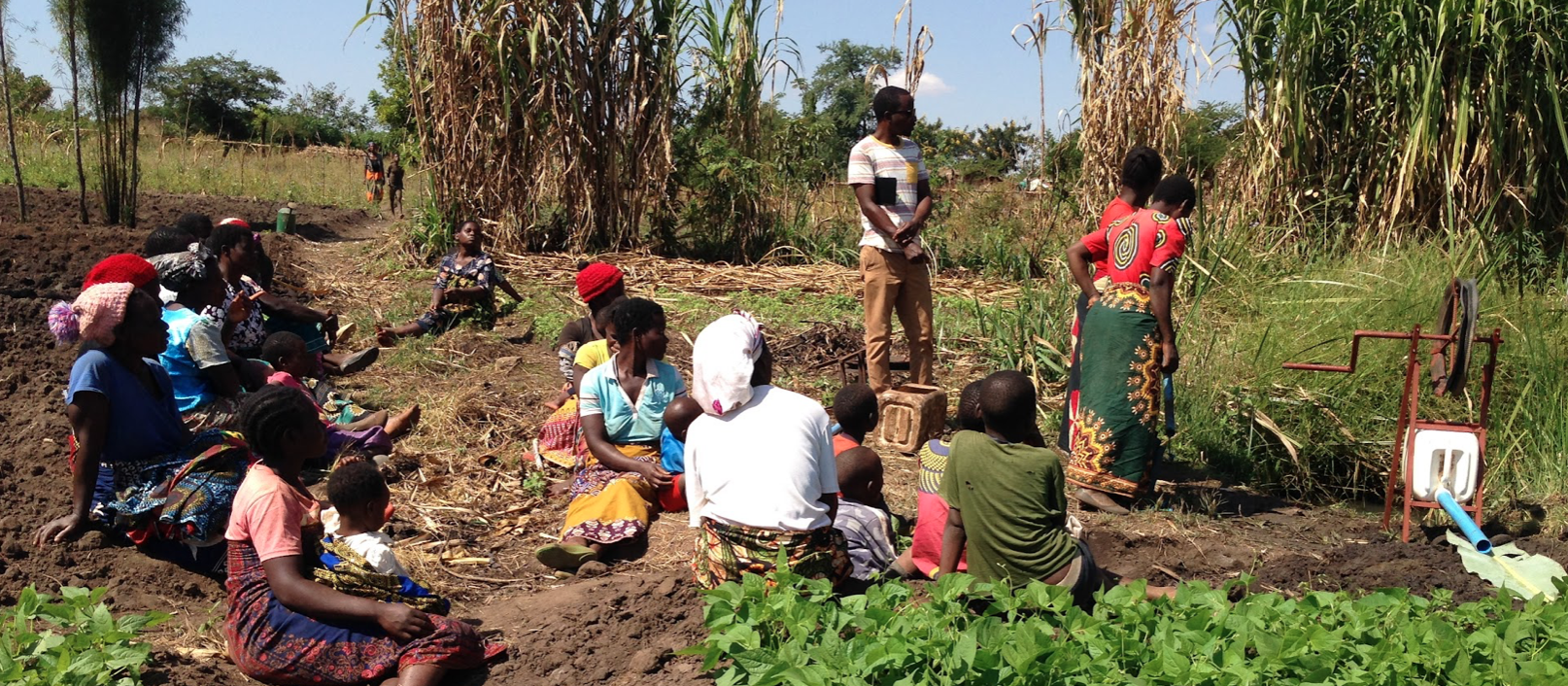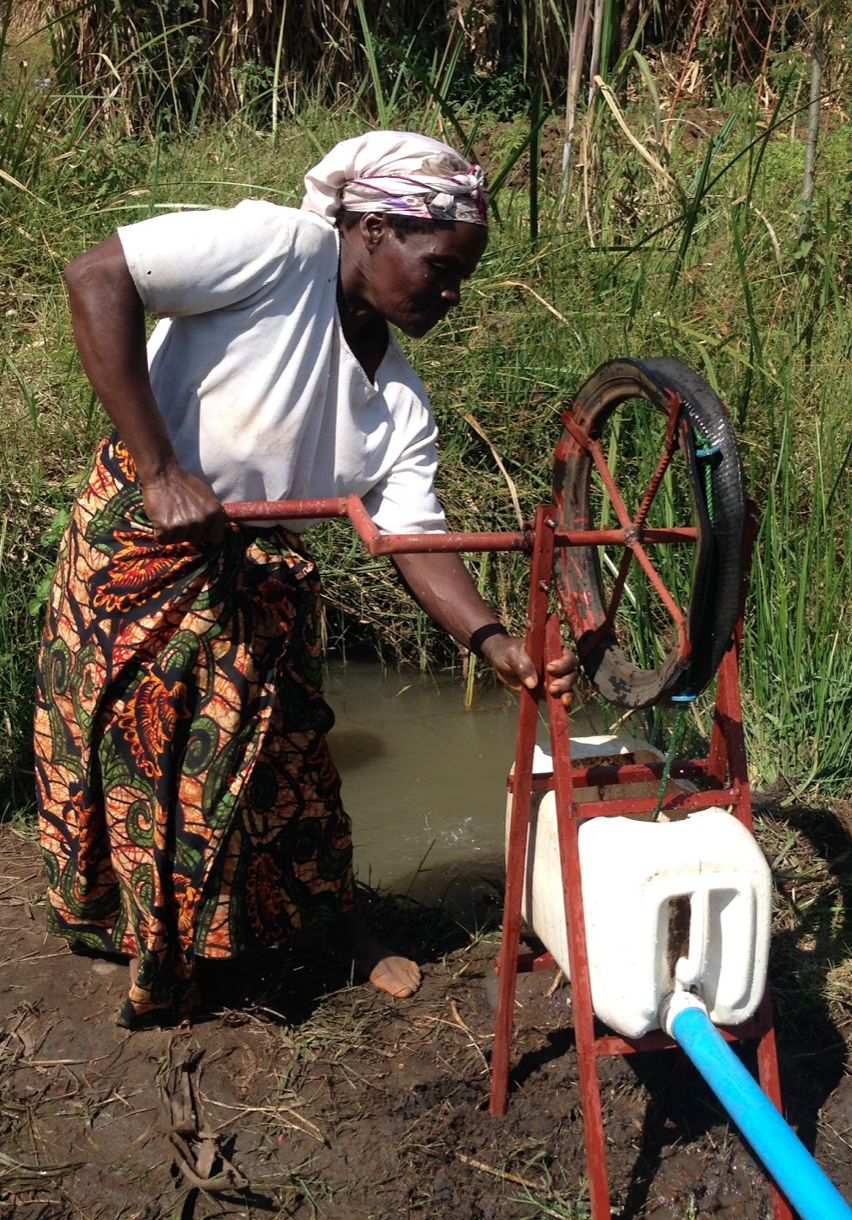How a $70 pump made of rope and plastic disks cut from an oil can turn around the lives of an entire family.
Families in Malawi who depend solely on the rains to water their crops can only grow food for about 3 months out of the year.
By adding a second and even third growing season, irrigation farming greatly increases a family’s farming yield. And with good management and planning, irrigation farming can accomplish so much more.
But irrigating a garden with buckets is back-breaking, time consuming and inefficient work. This is when the rope and washer pump makes so much of a difference.
Rope and washer pumps are old technology, traceable back over 1000 years to use in China. An updated version was developed by a Dutch inventor in the 1980s and has been disseminated in several sub-Saharan African and Asian nations. The basic idea is that rope passes through a PVC pipe upward from the well or bore hole to the field. Small disks made of plastic, metal, or even old bicycle tubes, are spaced about 18” apart on the rope. As the rope is cranked (or pedaled) upward, water trapped between the disks is released to run along irrigation ditches to water crops. It’s as simple as that, and the pumps are easily made from locally sourced materials.
Africa Windmill Project has distributed hundreds of rope and washer pumps so far in Malawi.
Each pump represents the opportunity for a family to move from food insecurity to food security. And the technology costs about $70.






